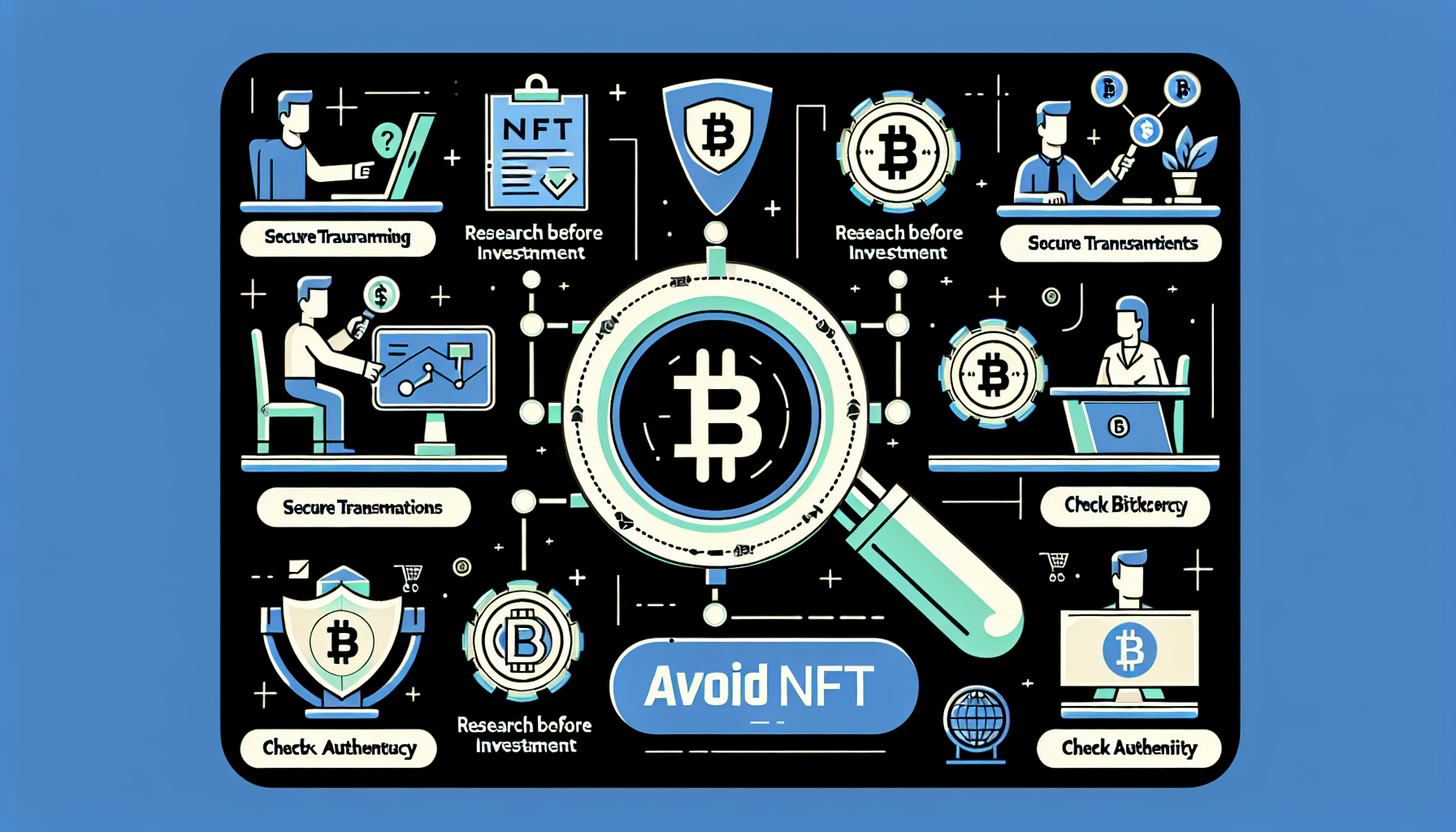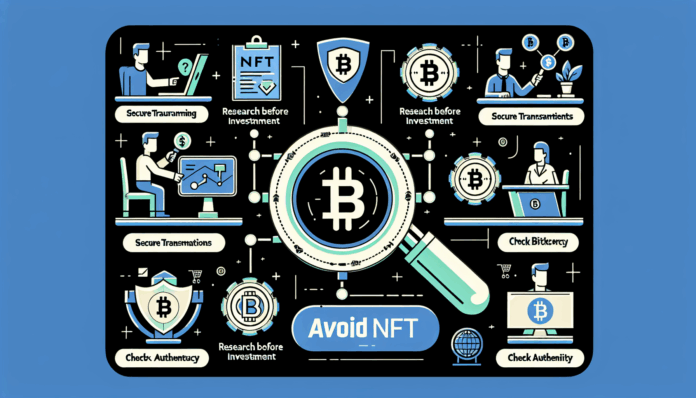Introduction: Are You at Risk of NFT Scams?
With over 5.6 million NFT trades monthly and an ever-growing community of digital asset enthusiasts, navigating the NFT landscape can feel overwhelming. Unfortunately, nearly 20% of all NFT investors report falling victim to scams, leading to hefty financial losses. With such risks, how can you protect yourself when engaging in NFT transactions?
1. Understanding the Basics of NFTs
NFTs, or Non-Fungible Tokens, are unique digital assets verified using blockchain technology. Unlike traditional cryptocurrencies like Bitcoin or Ethereum, each NFT has distinct properties that make it one-of-a-kind. To avoid scams, clients should familiarize themselves with:
- What constitutes a genuine NFT.
- How blockchain technology supports the authenticity of digital assets.
- Common NFT marketplaces and their reputations.
For instance, verified platforms like OpenSea or Rarible have built-in user protections that can deter scammers.

2. Identifying Red Flags in NFT Transactions
Recognizing the warning signs can save you from NFT scams. Here are some crucial indicators:
- Unrealistic offers: If a deal feels too good to be true, it likely is.
- Pressure tactics: Scammers often rush buyers into making decisions.
- Lack of verification: Always verify the seller’s background and the NFT’s authenticity.
Imagine you’re at a local market, and a vendor offers you a rare collectible at a fraction of its value. A seasoned buyer would pause and research before racing to the cash register.
3. Best Practices for Safe NFT Trading
To successfully engage in NFT transactions, follow these practices:
- Use secure wallets: Store your digital assets in reputable wallets like MetaMask or Ledger Nano X to reduce the risk of hacks by over 70%.
- Educate yourself: Regularly read up on news related to NFTs and digital assets. Industry reports show that informed traders are less likely to fall victim to scams.
- Enforce two-factor authentication: Always use 2FA when signing into NFT marketplaces.
Research indicates that taking these steps significantly improves your chances of maintaining secure digital transactions.
4. Community Help and Resources
Engaging with the community can help you stay informed and safer:
- Join trusted forums: Participate in discussions on platforms like Discord or Reddit to benefit from shared experiences.
- Follow industry leaders: Influencers and professionals often provide valuable tips and updates regarding the latest scams.
- Use reporting tools: Familiarize yourself with the reporting features of your NFT marketplace to protect both yourself and the community.
By actively participating and asking questions, you’ll not only stay updated but also foster a support network for safe trading.
Conclusion: Stay Vigilant in the NFT Space
To wrap it up, steering clear of NFT scams requires knowledge of the market, awareness of red flags, and adherence to best practices. Remember, in this rapidly evolving space, vigilance is your best weapon. Always verify the assets you’re interested in, and consult with knowledgeable individuals or resources before making decisions.
For further insights on securing your digital assets, download our complete guide on safe digital currency practices today!





